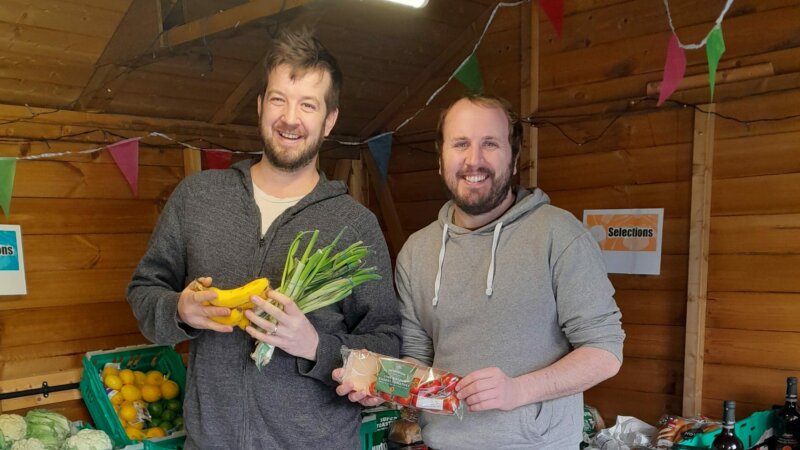Birding: A secret world of little dramas
My name's Pete and I'm a birdwatcher.
It's funny how much that sounds like a confession, even though in reality I've just admitted to being involved in one of the most fascinating and exhilarating hobbies there is.
I sense some of you are not convinced.
I suspect many of you right now are imagining middle-aged blokes in khaki waterproofs, writing the names of birds in little notebooks. And yes, okay, a fair few middle-aged blokes do it. And nothing's more practical in the field than khaki waterproofs. And yeah, all right, writing things down in notebooks does happen. Quite frequently. Okay, you got me. But let me explain.
You see birding (as we call it) is about entering a secret world of little dramas. These scenes are all around us, invisible to less focused eyes. One prime example may even be mere metres away from you as you read this.
Like all cities, Sheffield is home to street pigeons. These verminous rogues used to have an easy ride, until their ultimate arch-nemesis started taking residence on the city's taller buildings. To a pigeon, the Peregrine Falcon is a pure bolt of unholy terror; a killing machine ready to destroy them with a single strike from razor-sharp talons. It's like the Terminator with wings. In its hunting stoop the falcon can exceed 200mph, not only making it the fastest bird in Britain, or the fastest bird in the world, but the fastest recorded living thing on the entire planet.
Despite their threadbare looks, street pigeons can't half manoeuvre in a crisis, but if they can't wriggle out of the falcon's flight path, the desperate chase will end in death, with a mysterious pile of feathers the only sign that the victim was ever there.
And this keeps happening right over your head.
That's far from all the city has to offer. This winter we've been invaded by Waxwings - ridiculous, plump, pink, crested birds that come into the country in varying numbers depending on the berry crop in their native Scandinavia. Some years we get none. Some years we get hundreds. They appear in random places, scoffing any red berries they can find before moving on to another. There's a good chance you've walked past a tree full of them, perhaps in a supermarket car park or pub beer garden, and not even noticed.
Elsewhere? You can catch an azure flash of Kingfishers as they dart over the rivers near Castle Market and Lady's Bridge, returning to these waters after many years of industrial pollution. Ring-necked Parakeets can occasionally be seen in the city's parks - gaudy green exotics that no-one really knows the origin of, which have already taken over the parks and gardens of London. Hundreds of Pied Wagtails huddle for warmth in trees at dusk outside Sheffield Hallam, with passersby oblivious to the tightly packed birds.
And that's before we've even left the City Centre. Venture out to the woodlands, the parks, the reservoirs, the moors, and scores of new birds will make themselves known to you.
Birding is about two contrasting emotions. One is the thrill of rarity. Because birds can fly, they sometimes end up in random places, and seeing something unusual or out of place is something most birders crave. Especially keen on this are the so-called "twitchers". Most people use this term to mean anyone who watches birds, but strictly a twitcher is someone who runs around the country finding rarities for their personal lists. While this may be a bit sad to many, it's just one way the hobby manifests itself. And why not? Most hobbies have their amateur statisticians.
The other emotion is arguably the biggest joy of all - that of predictability. Being able to pinpoint the week in spring that Swallows return from their trans-continental travels, or seeing a late Swift and knowing it'll be your last of the year, or knowing an area "looks good" for a particular species and being proven right. It makes you realise the passing of the months, and the cycles of seasons, and tunes you in to the comings and goings of nature. No birder could honestly admit they didn't have a soft spot for the rare or the exotic, but knowledge and understanding of everyday occurrences can be just as satisfying.
Have I convinced anyone? If I have there's plenty you can do to join in. Get some binoculars. Get out to the countryside. Buy a good bird book. Join the RSPB or the Sheffield Bird Study Group. But most of all, look to the skies and the trees, and notice what's there. You'll be surprised.
And if I haven't convinced you? That's okay. Those little dramas will continue to happen all around you whether you're watching or not.
rspb-sheffield.org.uk
sbsg.org )





